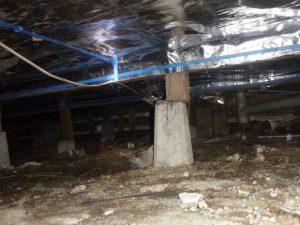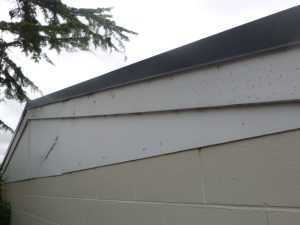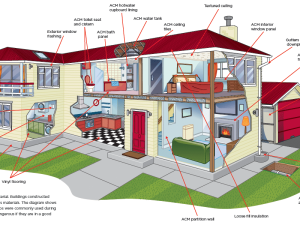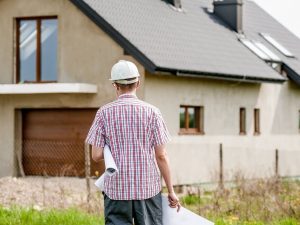
Investing in a property is one of the biggest financial decisions you are likely to make – so it is important to get the right advice. The process of buying a property can be complicated and a little daunting but being prepared as a starting point with questions to ask your agent certainly eases the way. To ensure that you as a buyer are investing wisely you need to acquire as much information on the property as possible above and beyond the information pack. The following questions are well worth putting to your agent.
How long has the property been on the market?
A property with a below-market price or that has been on the market for a while could be a sign that there are problems with the property. Ask the real estate agent how long the property has been for sale and whether there have been any offers made. If so, ask the agents why hasn’t it sold yet?
What is underneath the house?
Query your agent about what is under the property, does it have a subfloor, check for any subsidence, and that the foundations are in good condition. What type of land is it built on. Buyer beware, in earthquake-prone parts of New Zealand, this could be an issue with homes.
What is on the outside of the house?
It is important to question cladding particularly in a home built between the mid-70s to mid 80s Weatherside cladding, a hardboard made from wood fibres glued together, was a commonly used material but issues occur when moisture causes the glue in the cladding to fail. In turn, the cladding swells, delamination occurs and it turns to mush. Unchecked, moisture could penetrate and rot the entire wooden framing of the property. This type of cladding was withdrawn from the market, but there are still houses for sale that have Weatherside cladding.
What condition is the roof in?
Cracked or missing tiles can allow water to enter the home and cause serious damage. An iron or steel roof will need to be repainted or re-chipped every 10 years to ensure the roof remains watertight. Ask the agent for any information they have about the roof’s history, construction and any maintenance that has been carried out in the home.
Enquire about the downpipe as some houses only have one so in heavy rain, moisture can spill out and rot the eaves or get into the roof cavity.
What is the state of wiring and plumbing?
Older properties may have the original wiring or wiring that was done before the industry was regulated if so these will need to be checked. Plumbing may also be an issue, especially if Dux Quest piping has been used. This type of piping tends to fail and flood homes and some insurers will not cover damage caused by Dux Quest.
Is there any asbestos in the home?
Asbestos fibres can get into your lungs and cause a lot of damage. Asbestos is mainly a problem when it is exposed so the fibres can escape, for example, where there is a broken panel, or the paint covering it has been worn away. Unfortunately, asbestos was commonly used in older properties – in textured ceilings, under vinyl floor laminate, on roofs, and cladding on buildings, including sheds and garages. Removing asbestos requires professionals, and that costs money.
How warm is the property in winter?
Buying a property in the warmer months may hide some problems, check with the agent if there is insulation in the roof, under the house and in the walls. Usually, drapes are included in the sale, but they may not be thermal, and if the windows are double-glazed. Check what heating is used. Real estate agents may feature the open fireplace, but buyers need to know if it actually heats the whole property.
Real estate agents may provide a recent property inspection report commissioned by the seller. However, it is recommended that you get your own pre purchase report from an independent and accredited property inspector.




